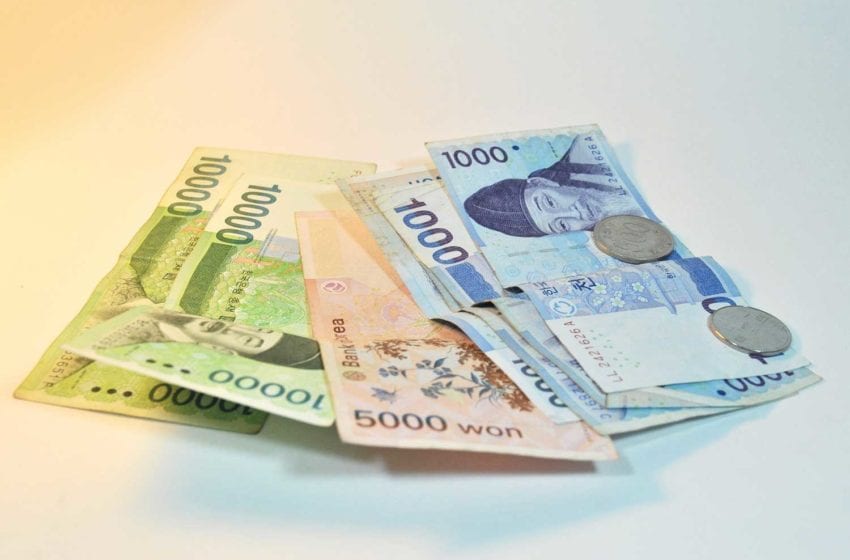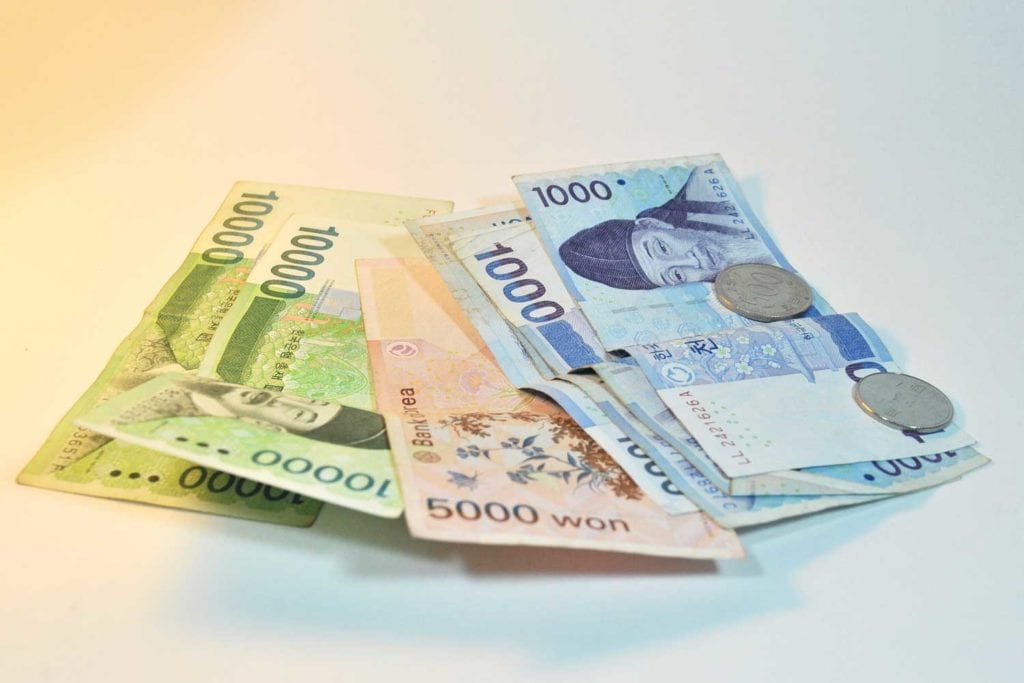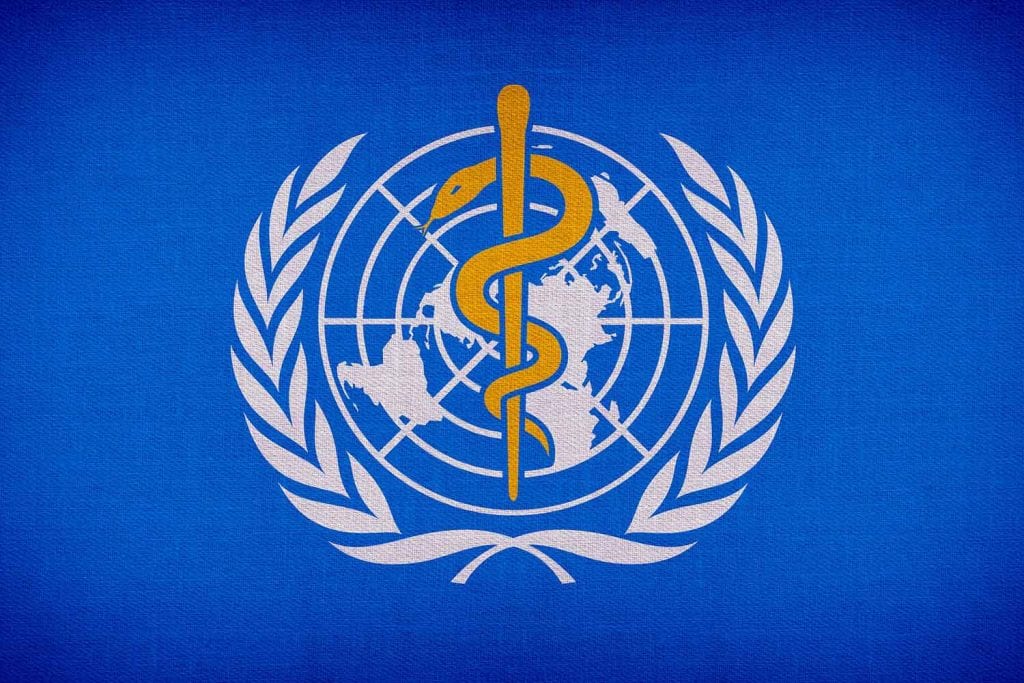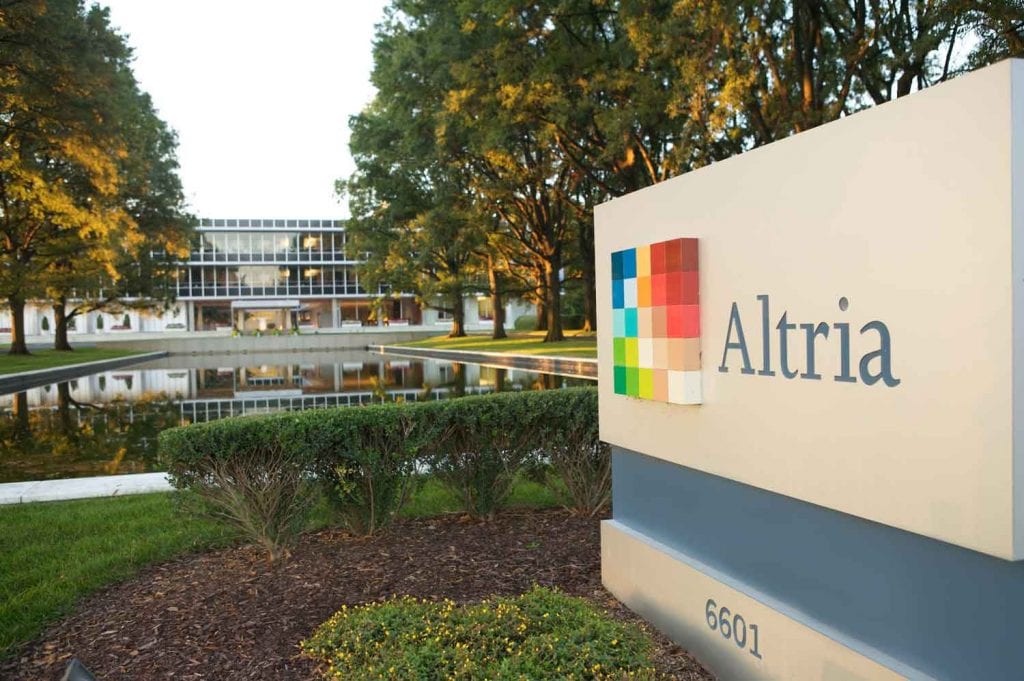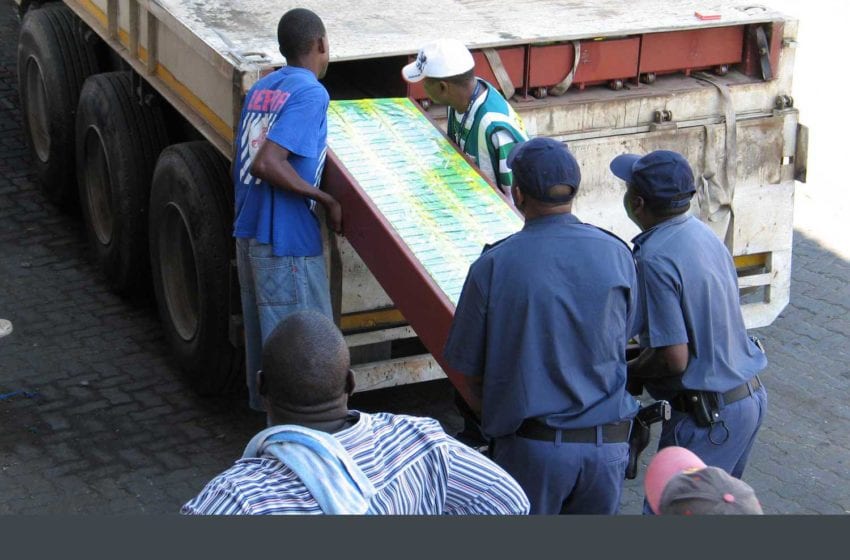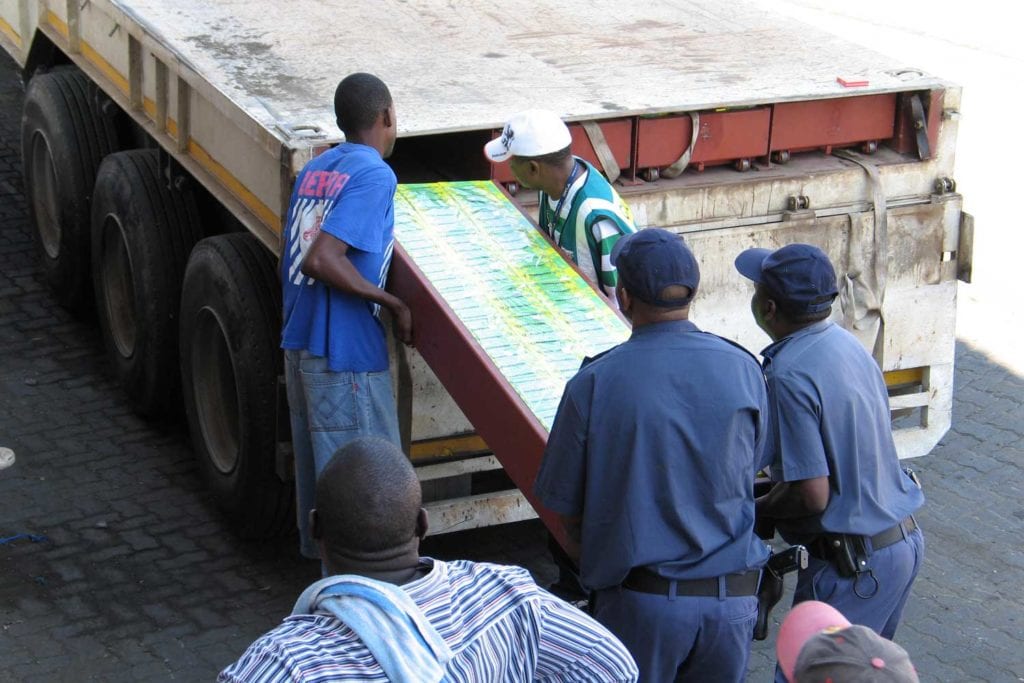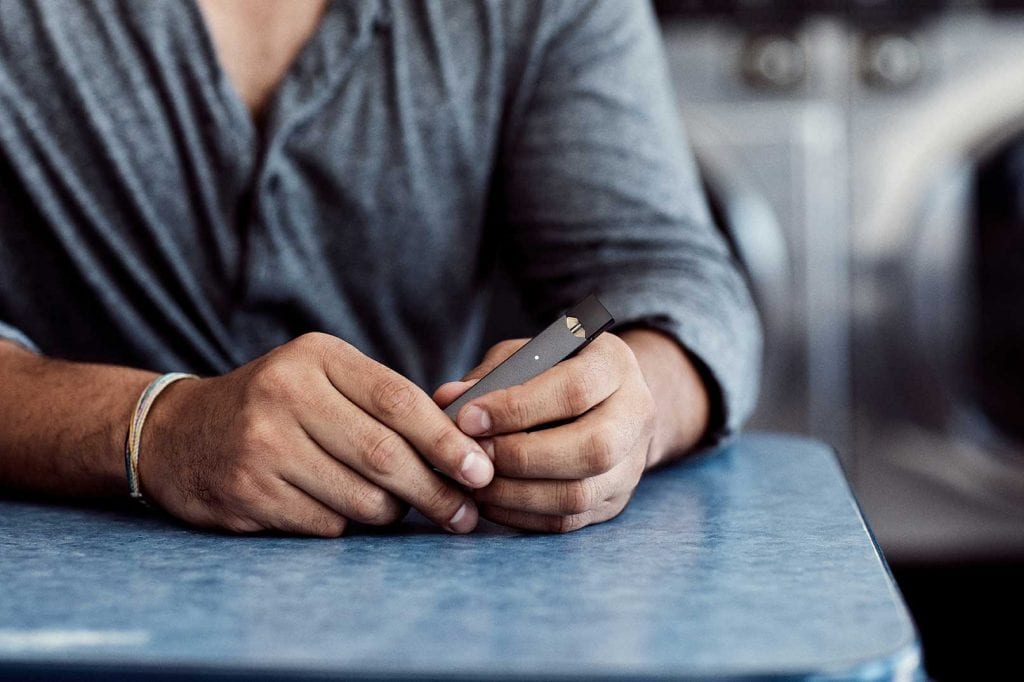
Juul Labs has submitted a Premarket Tobacco Product Application (PMTA) to the U.S. Food and Drug Administration (FDA) for the company’s Juul system, an electronic nicotine delivery system (ENDS) product. The company’s submission includes comprehensive scientific evidence for the Juul device and Juul pods in Virginia Tobacco and Menthol flavors at nicotine concentrations of 5.0 percent and 3.0 percent, as well as information on its data-driven measures to address underage use of its products.
With its PMTA submission, Juul Labs has provided a scientific foundation for the FDA to evaluate whether these products are “appropriate for the protection of the public health” with respect to the risks and benefits to the population as a whole. The application includes detailed scientific data from over 110 studies totaling more than 125,000 pages evaluating the product’s impact on both current users of tobacco products and nonusers, including those who are underage.
As part of the PMTA process, Juul Labs has built a comprehensive research program focused on examining the public health impact of the Juul system. This includes research addressing the harm reduction potential of the product, including its ability to convert adult smokers from combustible cigarettes. This research is supplemented with information on the controlled design and repeatable manufacturing processes associated with the Juul system, as well as data-driven measures to limit unintended consequences to the overall population, including initiation among nonusers.
“In order to earn a license to operate in society, we need to be a science and evidence-based company, engage in open and transparent dialogue with our stakeholders, and take methodical and responsible actions to advance the potential for harm reduction for adult smokers while combating underage use. Our PMTA submission is a key part of that approach,” said Juul Labs CEO K.C. Crosthwaite.
“Juul Labs has committed all necessary resources to deliver the best possible PMTA based on rigorous scientific research and data-driven measures to address underage use,” said Joe Murillo, chief regulatory officer at Juul Labs. “We respect the PMTA process and believe it is the right forum to determine the role ENDS products can play in transitioning and completely switching adult smokers from combustible cigarettes to potentially less harmful alternative products while combating underage use.”
Late last year, the company, under Crosthwaite’s leadership, committed to resetting the vapor category and seeking to work cooperatively with regulators, legislators, attorneys general, public health officials, and other stakeholders to combat underage use and transition adult smokers from combustible cigarettes. As part of that process, the company reduced its product portfolio, halted television, print, and digital product advertising, built up its science and evidence-based capabilities, and supported the U.S. Administration’s final flavor policy for ENDS products, while taking a methodical approach to its global presence.
Juul Labs has built up its science and evidence-based capabilities and will use its research and data to explore additional pathways in other countries. The company will continue to share its research with regulators and the public health community globally through peer-reviewed journals, conferences, and one-on-one meetings.


